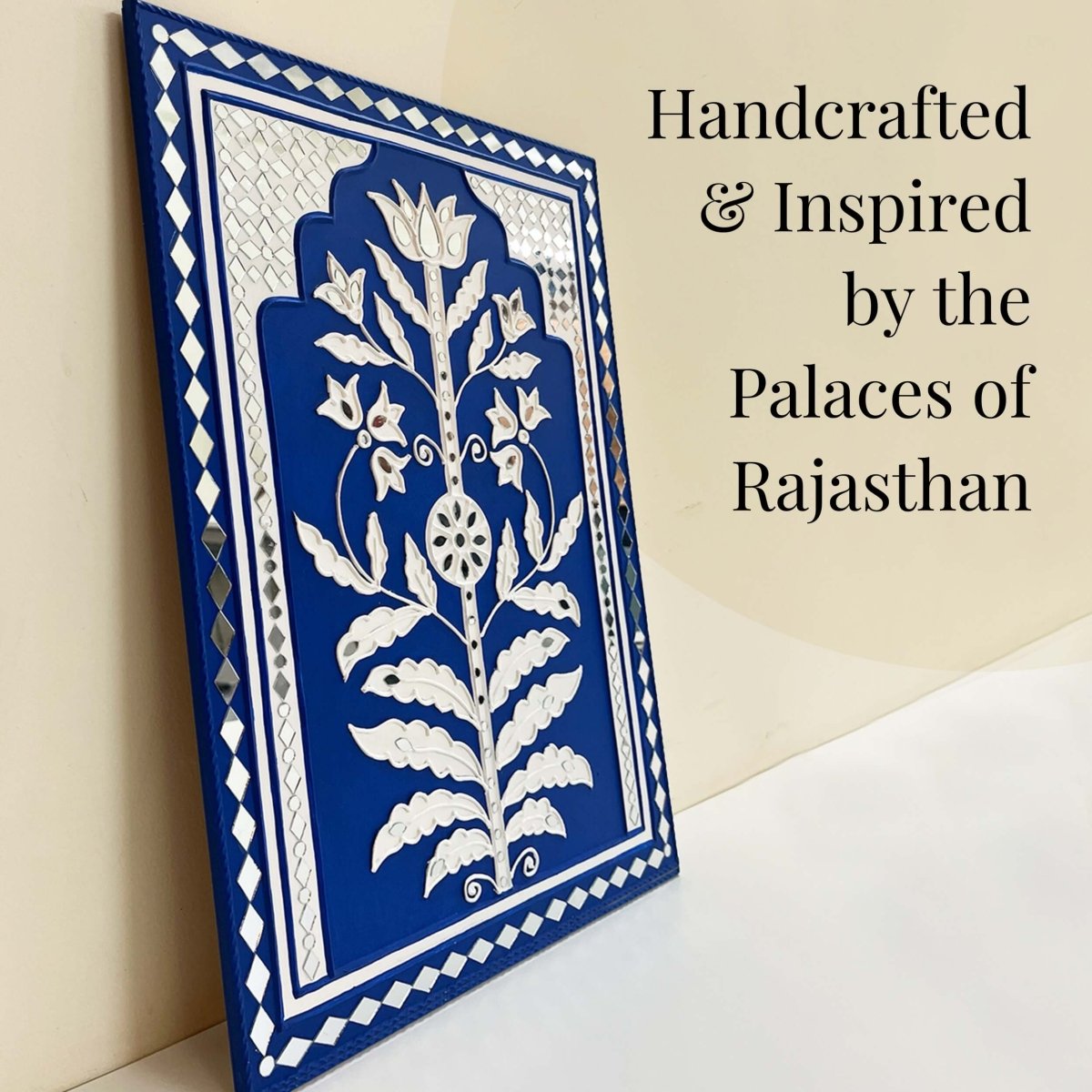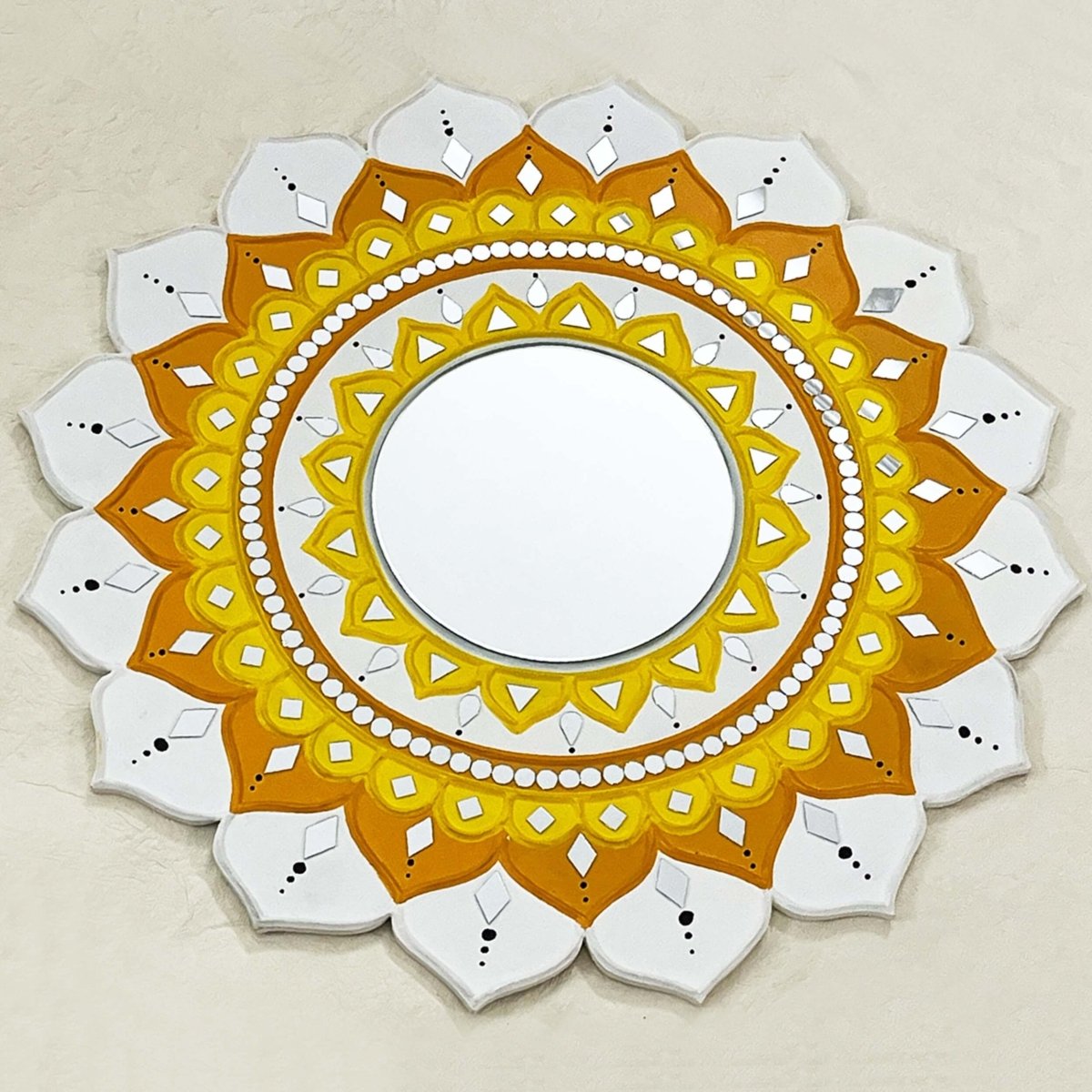Stepping into Manto’s Toba Tek Singh
BOOKMARK
Among Saadat Hasan Manto’s literary works, the story of Toba Tek Singh remains one of his most powerful. Published just before his death in ‘his’ Toba Tek Singh where he chose to live post-independence – Lahore, in 1955, it is a hard-hitting satire on the Partition of 1947 and has since been adapted to the stage and celluloid, and was even named by the British Broadcasting Service in 2018 as ‘one of the 100 stories that shaped the world’.
The short story is set a few years after Partition when the governments of India and Pakistan decided to exchange inmates of mental asylums with each other. The story revolves around Bishan Singh, a Sikh inmate of an asylum in Lahore, who is from the city of Toba Tek Singh. Bishan Singh is to be sent with a police escort to India, but on being told that his hometown is Toba Tek Singh in Pakistan, he refuses to go.
The story ends with Bishan Singh lying face-down in no man’s land, between the two barbed wire fences that separate the two countries. Manto writes, "…There, behind barbed wire, was Hindustan. Here, behind the same kind of barbed wire, was Pakistan. In between, on that piece of ground that had no name, lay Toba Tek Singh."
Bishan Singh’s beloved hometown is not a fictional place but a city and a tehsil in Punjab, in Pakistan. We’re not sure why the great Urdu writer chose this city to anchor his short story. Perhaps it was irony that drove him to choose it over the countless other towns in and around Lahore. Surrounded by the tragedy and horrors of Partition, even Toba Tek Singh too couldn’t be saved from the bloodshed, but ironically, it was actually founded on kindness and love.
In spite of its fame, Toba Tek Singh is not easy to visit. First, you have to board a bus from Lahore to Faisalabad city, 180 km away. Then, you have to take another bus via the town of Chak Jhumra, and drive another 82 km to reach your destination. Three hours and an aching back later, you are in Toba Tek Singh.
A buzzing city today, not much is known about Toba Tek Singh’s early history. The only material available source is the British times land records of the area which argue that till the early decades of the 19th century, the present-day area of Toba Tek Singh was sparsely populated with some tribal nomads.
But then, during the early half of the 19th century itself, a kind-hearted, religious-minded Sikh called Sardar Tek Singh set up a small inn near a small pond (or ‘toba’ in Punjabi) in an area that corresponds to the present-day city of Toba Tek Singh. Since the area was at the confluence of many routes, the kind Sardar offered exhausted and thirsty travellers shelter, food and drinking water, free of cost. The grateful travellers soon colloquially called the place as ‘Toba Tek Singh’, out of respect for the noble man and his generous heart.
The Toba Tek Singh’s story does not end here. It is mentioned that a present-day resident of Los Angeles, California (USA) named Balwinder Singh Sidhu claims direct descendent from Tek Singh. According to him, Tek Singh had a son named Jawala Singh, who in turn had four sons –Chattar Singh, Kishan Singh, Bishan Singh and Mull Singh, and a daughter whose name is however missing. Balwinder Singh argues him to be the great-grandson of Kishan Singh, through his father and grandfather Richhpal Singh and Bahal Singh respectively.
Although Balwinder Singh doesn’t possess enough official documents to support his claim but has inherited ancestral knowledge about their heritage. According to him, the history of Tek Singh was linked with the era of the Sikh Empire. He mentions that Tek Singh born to Sardar Jai Singh Sidhu, who was a resident of a village called Dhos, which is today a part of Chunian Tehsil in Kasur District of Punjab, Pakistan.
Tek Singh was apparently a Risaldar in the army of Maharaja Ranjit Singh, who founded the Sikh Empire. Accordingly, he participated in the laying decisive Siege of Multan (1818), and impressed upon his bravery in the battle, the Maharaja bestowed upon him the jagir or land grant of 2,200 murabba (a traditional unit of land measurement; one ‘murabba’ is equal to 25 acres). It is further said that Tek Singh owned a horse called ‘Kalga’ who once bravely helped him rescue from a lion. Hearing about the animal’s feat, Maharaja further allotted another 2,200 murabba in the name of the horse, to its master.
Tek Singh then settled in the awarded 4,400 murabba land which had a toba or a pond located there. Being a spiritual and kind-hearted person, he started serving the travelers and this land was called as ‘Rakh Tek Singh’ and later as ‘Toba Tek Singh’. Renowned 20th-century Punjabi author named Sohan Singh Seetal had mentioned in his book Sikh Raj Keenve Gaya that like many other officials and generals of Ranjit Singh, Sardar Tek Singh too build a bunga or mansion in the parikrama or pathway of Sri Harmandir Sahib, Amritsar which was later either demolished or merged with the other bungas.
Anyhow, when the British rule was established in Punjab in 1846, a grain market was located at its place, where the farmers from the nearby towns of Jhang and Kamalia would come to do the sale and purchase of their commodities. Although, the English government officially didn’t name the area and it was constituted as a part of larger ‘Sandal Bar’ (one of the many Bar region of Punjab), but the locals continued calling it ‘Toba Tek Singh’ as it was referred in the earlier decades.
It was in the 1870s, when the colonial government carried out large-scale irrigation projects in the Bar region, including present-day Toba Tek Singh. This vastly increased the amount of land available to cultivation. The government proceeded to auction this agricultural land and received an overwhelming response from farmers all over Punjab. The population of the region increased manifold, and the area was divided among many newly-formed villages. In 1880, the village which lay over the area of present-day Toba Tek Singh was finally, officially named by the current name, years after the name was already popular among the folks.
In 1896, even a railway station was built in Toba Tek Singh and by the beginning of the 20th century; it had become a large urban settlement, but was still a tehsil of Jhang district. When the new district of Lyallpur (now Faisalabad) was carved out of Jhang in 1904, Toba Tek Singh was ceded to it, a political-administrative structure that remained for many decades to come.
According to official statistical data, the city initially had a sizeable Hindu-Sikh population, but during Partition in 1947, the demography changed forever. Almost all the Hindu-Sikh families either migrated to India or fell prey to the Partition riots that raged on both sides of the border, and the city is now predominantly Muslim.
Like others, the descendants of Tek Singh too had to migrate to India. Against their agricultural land left in Pakistan, the family was temporarily allotted land in Jalalabad (today a city in Fazilka district), and then it was changed to village Sherpur in Jalandhar district as a permanent settlement. But as the family considered the soil of the area not much useful for agriculture, they exchanged it with the land in village Khuian Malkana (located near Mandi Dabwali Municipality in Sirsa district of present-day Haryana).
Anyhow, back in Pakistan, despite the churn and the shifting sands, Toba Tek Singh has remained unmoved. In the 1970s, many Pakistani cities, towns, neighborhoods and roads that had either Hindu-Sikh or British given names, were renamed to their original or native names. So whereas the city of ‘Montgomery’ reverted to its original name of ‘Sahiwal’, towns like ‘Ram Nagar’ and ‘Bhai Pheru’ were renamed ‘Rasool Nagar’ and ‘Phool Nagar’ respectively, as they were more acceptable to the Islamic government of the country.
It is mentioned that in 1970, the communist organisations of Pakistan gave the call of a ‘Kissan Conference’ in Toba Tek Singh inspired by Manto’s story of same name which satirically criticised the religion-based nationalism. The conference was aimed to portray resistance against the Islamic regime of the country. Thus, it was attended not only by most of the renowned communists, but even by lakhs of farmers from all across the country. It was even urged to rename the city as ‘Leningrad’ after the Soviet Union’s city of the same name which was considered as the symbol of the communist rule. As resistance to the proposal, the orthodox Islamic organisations supported the city’s renaming to ‘Dar-ul-Islam’.
The government wasn’t ready to invite any conflict from either sides in a time when the country was already in a political turmoil, also the reputation of the Sardar after whom the city is named, couldn’t be ignored. Thus, Toba Tek Singh remained as one of the very few Pakistani cities that retained their original names. Not only this, in 1982, it, formerly a tehsil in Faisalabad District, became a separate district.
In Tek Singh’s honor, a park has also been constructed on the land where the historic toba or pond is located. Named ‘Teku Park’, it was built in the year 2000 on a land of 30 kanal (a traditional unit of land measurement; one ‘kanal’ is equivalent to 4500 square feet) on the tract of railway land near the Toba Tek Singh station, on the Toba-Chichawatni Road, which passes through the city. The park was established by the Municipal Committee of the city, which under then Assistant Commissioner Naseem Sadiq had got the land on 10 years lease from the railways. However, at the end of lease, the committee could not take care of the park, but, recently the renovation has again taken place which has revived much of its glory.
At present, apart from the historic pond, the park includes two old wells. It once had two burji towers but they haven’t survived after the end of lease. In the middle of the park is a memorial built of brick, in memory of Tek Singh. A signboard tells the story of the compassionate Sardar and the pond.
Today, Toba Tek Singh as a city has grown much larger and diverse from its humble origin with a small pond and has journeyed long from the dark days of the partition. But what still concerns many locals is that not much research has been done on the city and on Sardar Tek Singh, which still lies covered under the veil of many forgotten and untold facts and is yet to be discovered.
Needless to say, regardless of the passage of time and the changes the city has experienced, Toba Tek Singh will never forget the contributions of two great men – one, a saintly Sardar who founded the city and spread the message of kindness and love, and the other a great author who has immortalised the city through his evocative work.
– ABOUT AUTHOR
Aashish Kochhar is a history enthusiast from Amritsar who studies at Jamia Millia Islamia, New Delhi.









